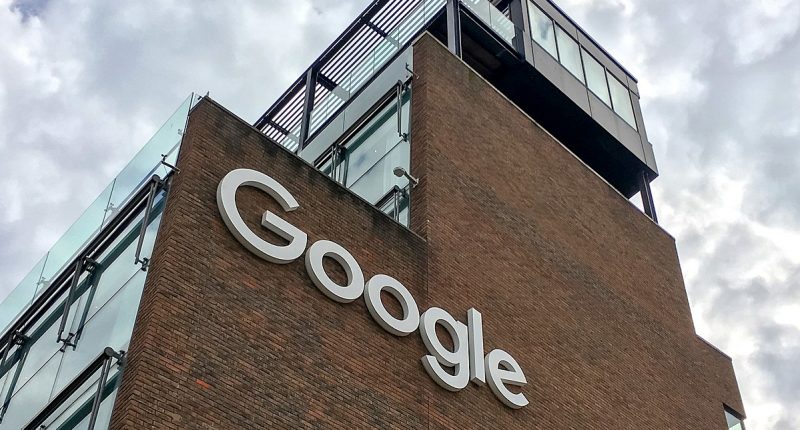The European Union has now imposed a €2.95 billion ($3.5 billion) antitrust fine on Google, marking the bloc’s fourth major penalty against the tech giant in a decade. The European Commission concluded that the tech titam engaged in anti-competitive practices within its digital advertising ecosystem, particularly through its dual role as both a provider of ad services and an operator of an ad exchange platform. The ruling follows a formal investigation that began more than two years ago.
Central to the Commission’s findings is Google’s operation across multiple layers of the online adtech sector, which relies heavily on programmatic systems to match advertisers with publishers. Google’s products for ad buyers include Google Ads and Display & Video 360 (DV360), while its solutions for publishers include DoubleClick for Publishers. Simultaneously, Google runs its own ad exchange, AdX, which acts as a marketplace for these transactions. Regulators argue that this overlapping presence creates an inherent conflict of interest, allowing Google to favor its own services over competitors.
The tech titan’s ad-buying tools were reportedly structured to direct the majority of bids to Google’s own exchange, bypassing rival ad exchanges. This practice, according to Brussels, effectively consolidated Google’s market power, limited competition, and restricted revenue opportunities for publishers. The ruling indicates that such self-preferencing could distort the market, leading to higher costs for advertisers and reduced income for smaller publishers. By controlling multiple layers of the adtech value chain, Google could reinforce its dominance and maintain leverage over pricing structures, intensifying regulatory concern.
While prior EU investigations have recommended structural remedies, including divestitures, the Commission has opted for a behavioral remedy in this case. Google has been given 60 days to propose measures addressing conflicts of interest within its adtech operations. EU competition chief Margrethe Vestager emphasized that if the proposed solutions fail to resolve the concerns, the Commission could still consider structural interventions, including potential divestiture of assets. If Google’s monopoly is curbed, advertisers may gain access to fairer pricing and more market options, potentially lowering their costs, which could trickle down into cheaper products or services. At the same time, publishers (especially smaller, independent outlets) stand to gain more ad revenue, helping sustain diverse media voices and reducing overreliance on Big Tech platforms.
Google criticized the decision, pledging to appeal. Lee-Anne Mulholland, the company’s global head of regulatory affairs, described the ruling as “wrong” and stated that the measures would disrupt European businesses reliant on Google’s advertising services. She argued that the company’s integrated offerings do not constitute anti-competitive behavior, noting the presence of alternative ad platforms in the market. The fine, initially scheduled for earlier in the week, was delayed due to concerns from EU Trade Commissioner Maroš Šefčovič about potential US retaliation, including tariffs on European automobiles.
This penalty joins a series of previous fines targeting Google’s market behavior. These include a €4.3 billion fine in 2018 for Android-related practices, a €2.42 billion fine in 2017 for manipulating shopping comparison services, and a €1.49 billion fine in 2019 for AdSense-related practices, bringing the cumulative total to over €11 billion.
The Tech Portal is published by Blue Box Media Private Limited. Our investors have no influence over our reporting. Read our full Ownership and Funding Disclosure →






